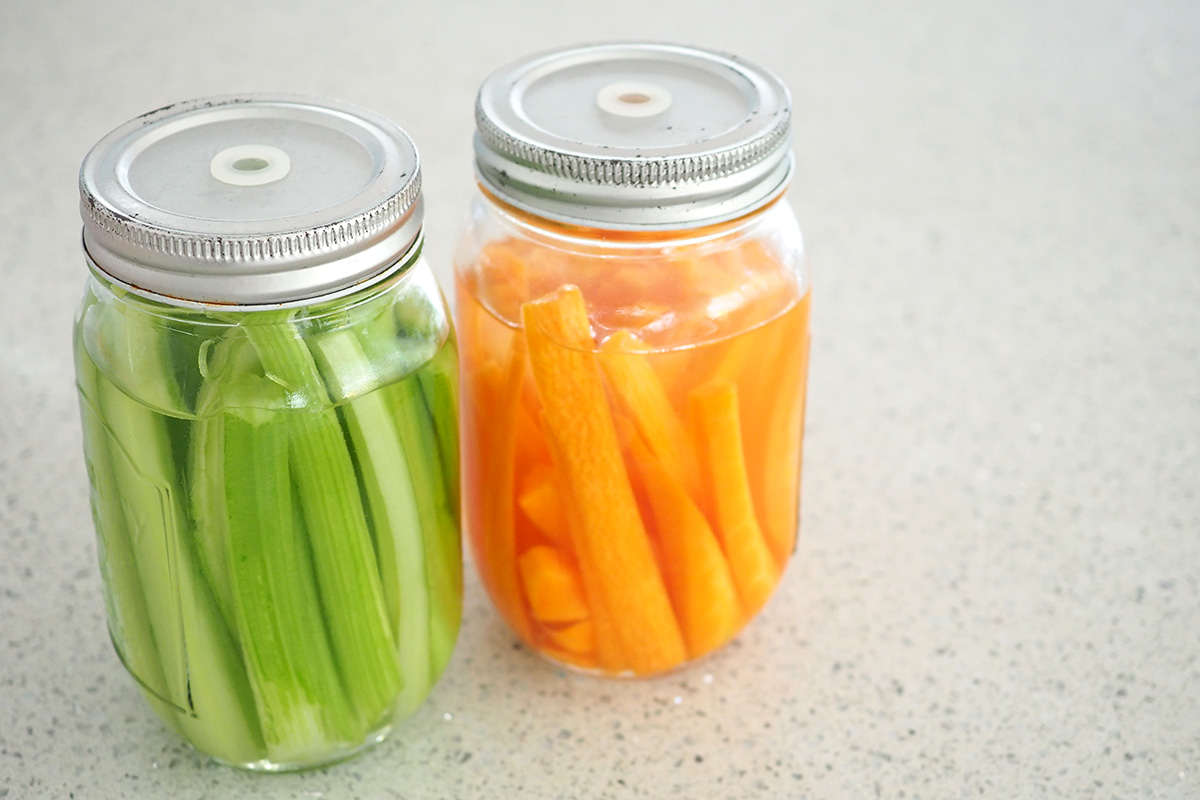

Articles
How To Store Carrots And Celery
Modified: August 27, 2024
Learn how to properly store carrots and celery to keep them fresh and crisp with our informative articles. Find expert tips and tricks for preserving the quality and flavor of your favorite vegetables.
(Many of the links in this article redirect to a specific reviewed product. Your purchase of these products through affiliate links helps to generate commission for Storables.com, at no extra cost. Learn more)
Introduction
Properly storing vegetables is essential for maintaining their freshness and extending their shelf life. When it comes to carrots and celery, knowing the best storage methods can make all the difference in preserving their flavor, texture, and nutritional value.
Carrots and celery are popular and versatile vegetables that are commonly used in salads, stews, soups, and as healthy snack options. To ensure that these crunchy and nutritious vegetables stay fresh and crisp for as long as possible, it’s crucial to store them correctly.
In this article, we will explore the best practices for storing carrots and celery to help you keep them fresh and maintain their quality. Whether you grow your own or purchase them from the grocery store, these storage tips will come in handy.
Key Takeaways:
- Properly storing carrots and celery is essential for maintaining their freshness and nutritional value. Follow these storage tips to keep them crisp and flavorful for longer periods.
- From removing greens to blanching and freezing, learn the best practices for storing carrots and celery to maximize their shelf life and enjoy their vibrant flavors.
Read more: How To Store Cut Celery And Carrots
Storing Carrots
Carrots are root vegetables that can be stored for relatively long periods if stored properly. Here are some guidelines for storing carrots:
- Start by removing the carrot greens or tops, as they can draw moisture out of the roots and cause them to wilt and spoil quickly.
- Gently wash the carrots to remove any dirt or debris on the surface. Pat them dry with a clean cloth or paper towel.
- For short-term storage, you can keep carrots in the refrigerator. Place them in a plastic bag or an airtight container lined with a damp paper towel to maintain moisture levels. The cool temperature will help slow down the process of decay.
- If you have a large quantity of carrots and want to store them for an extended period, consider storing them in a root cellar or a cool, dark place with low humidity. Make sure the carrots are stored away from fruits, such as apples and pears, as these release ethylene gas, which can speed up the ripening and spoilage process.
- Another storage option for carrots is to blanch and freeze them. Blanching helps preserve their color and texture. To do this, bring a pot of water to a boil and blanch the carrots for a few minutes. Plunge them into ice water to stop the cooking process, then drain and pack them in freezer-safe bags or containers.
By following these storage guidelines, you can keep your carrots fresh for several weeks to several months, depending on the storage method you choose.
Storing Celery
Celery is a versatile and nutritious vegetable known for its crisp texture and distinctive flavor. To ensure that celery stays fresh and crunchy, here are some tips for storing it:
- Start by removing any rubber bands or ties around the celery bunch. If the celery has any leaves, trim them off, as they tend to wilt and spoil quickly.
- Before storing, make sure the celery stalks are clean and dry. Rinse them gently under cold water to remove any dirt or debris, and pat them dry with a clean towel or paper towel.
- If you plan to use the celery within a few days, you can store it in the refrigerator. Wrap the celery tightly in aluminum foil or place it in a sealed plastic bag to help retain its moisture and crispness.
- If you want to extend the shelf life of celery, you can also place the stalks upright in a container or jar filled with water. Cover the celery with a plastic bag or place a loose-fitting plastic wrap over the top to create a humid environment. Change the water every few days to prevent it from becoming stagnant.
- To freeze celery for longer-term storage, blanch the stalks first. Blanching helps preserve the celery’s texture and flavor. Simply chop the celery into desired-sized pieces, blanch them in boiling water for a couple of minutes, then transfer them to ice water to cool down. Drain the celery thoroughly, pack it into freezer-safe bags or containers, and freeze.
By following these storage techniques, you can maximize the freshness and shelf life of your celery, ensuring that it remains crisp and flavorful when you’re ready to use it.
Best Practices for Storing Carrots and Celery
When it comes to storing carrots and celery, there are some general best practices that can help you maintain their freshness and quality. Here are some tips to keep in mind:
- Keep carrots and celery away from ethylene-producing fruits, such as apples and pears. Ethylene gas can speed up the ripening process and cause premature spoilage.
- Ensure that both carrots and celery are stored in a cool, dry place. Excess heat and moisture can lead to mold growth and spoilage.
- Regularly inspect stored carrots and celery for any signs of decay, such as soft spots, mold, or unpleasant odors. Remove any spoiled pieces promptly to prevent the spread of spoilage to the rest of the batch.
- If you notice that the carrots or celery are starting to lose their crispness, you can revive them by soaking them in ice water for a few minutes. This can help restore their texture and make them more enjoyable to eat.
- Use transparent containers or bags for storage, as they allow you to easily monitor the condition of the vegetables without having to open the containers frequently.
- Avoid storing carrots and celery near strong-smelling items, as they can absorb odors easily. This can affect their flavor and make them less appetizing.
By following these best practices, you can ensure that your carrots and celery stay fresh, flavorful, and nutritious for longer periods, allowing you to make the most of these versatile vegetables in your recipes.
Frequently Asked Questions
Here are some common questions about storing carrots and celery:
Read more: How To Store Celery Sticks
1. Can I store carrots and celery together?
While carrots and celery can be stored together, it’s important to keep in mind that celery has a higher moisture content. This means that the moisture from the celery can cause the carrots to become damp, leading to spoilage. If storing them together, make sure to wrap each vegetable separately to prevent moisture transfer.
2. How long can I store carrots and celery?
The storage time for carrots and celery can vary depending on the storage method and the freshness when purchased. When stored properly, carrots can last for several weeks in the refrigerator and up to several months in a root cellar or cool, dark place. Celery can be stored in the refrigerator for about 1-2 weeks, while the water method can help extend its shelf life slightly.
3. Can I freeze carrots and celery?
Yes, both carrots and celery can be preserved by freezing. Before freezing, make sure to blanch the vegetables to help preserve their texture and flavor. Once blanched, you can pack them in freezer-safe bags or containers and store them in the freezer for several months.
4. Can I store cut or chopped carrots and celery?
It’s best to store whole carrots and celery whenever possible, as cutting or chopping can increase the surface area and exposure to air, leading to faster spoilage. However, if you need to store cut or chopped carrots and celery, make sure to store them in airtight containers or wraps to minimize moisture loss and prevent cross-contamination.
Read more: How To Store Celery In Freezer
5. What are the signs of spoilage in carrots and celery?
Signs of spoilage in carrots and celery include soft spots, mold growth, sliminess, an unpleasant odor, or a slimy or wilted appearance. If you notice any of these signs, it’s best to discard the affected pieces to prevent the spread of spoilage.
These are just a few of the commonly asked questions about storing carrots and celery. By following the proper storage techniques and guidelines, you can enjoy these vegetables at their freshest for longer periods.
Conclusion
Properly storing carrots and celery is crucial for maintaining their freshness, texture, and nutritional value. By following the best practices outlined in this article, you can extend the shelf life of these versatile vegetables and enjoy them in various dishes for longer periods.
When storing carrots, remember to remove the greens, wash and dry them thoroughly, and store them in the refrigerator or a cool, dark place. Blanching and freezing is also a viable option for long-term storage. As for celery, removing any ties or leaves, ensuring it is clean and dry, and storing it in the refrigerator or in water can help keep it crisp and fresh. Freezing celery is also an option, but blanching is recommended.
Remember to keep carrots and celery away from ethylene-producing fruits, regularly inspect stored vegetables for any signs of spoilage, and avoid exposure to excess heat and moisture. Additionally, storing them in transparent containers or bags and keeping them separate from strong-smelling items will help maintain their quality.
Whether you’re a home gardener or a vegetable enthusiast, storing carrots and celery properly will ensure that you always have a fresh supply at your disposal. These vegetables can add crunch, flavor, and nutrition to your meals, making them essential ingredients in a balanced and healthy diet.
So, the next time you bring home a bunch of carrots or stalks of celery, remember to follow the storage guidelines provided in this article. With a little care and attention, you can enjoy the vibrant and delicious flavors of these vegetables for an extended period.
Frequently Asked Questions about How To Store Carrots And Celery
Was this page helpful?
At Storables.com, we guarantee accurate and reliable information. Our content, validated by Expert Board Contributors, is crafted following stringent Editorial Policies. We're committed to providing you with well-researched, expert-backed insights for all your informational needs.
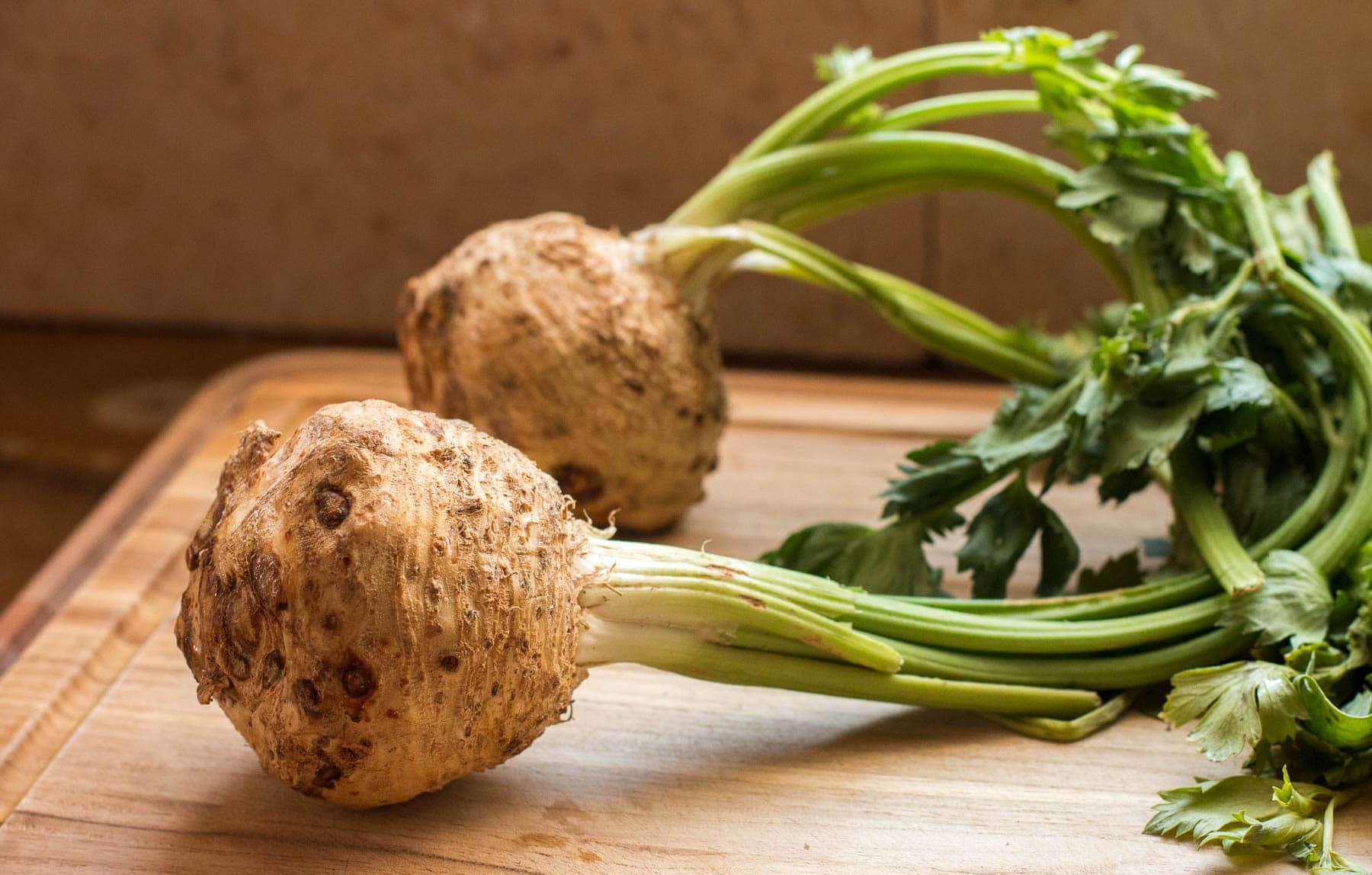
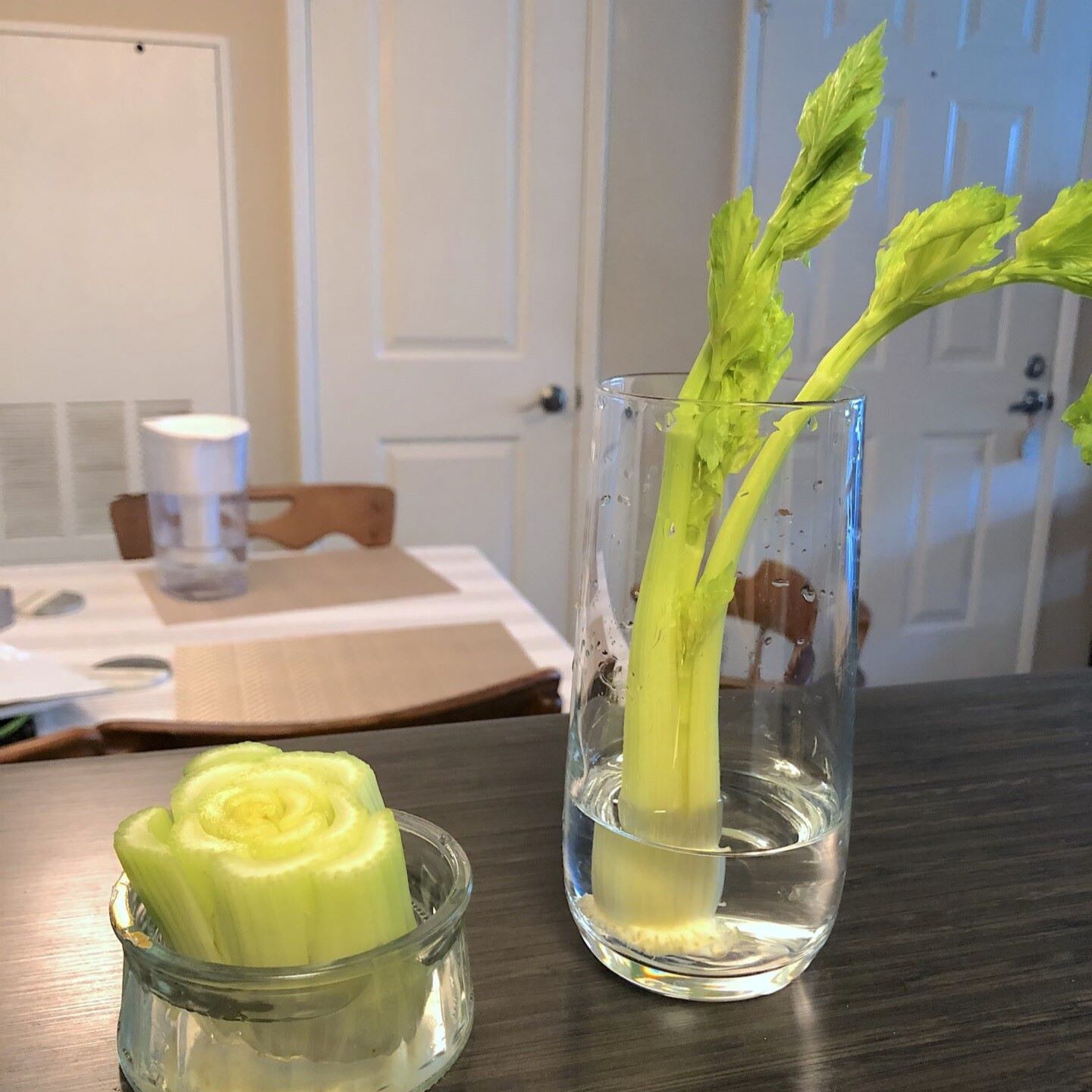
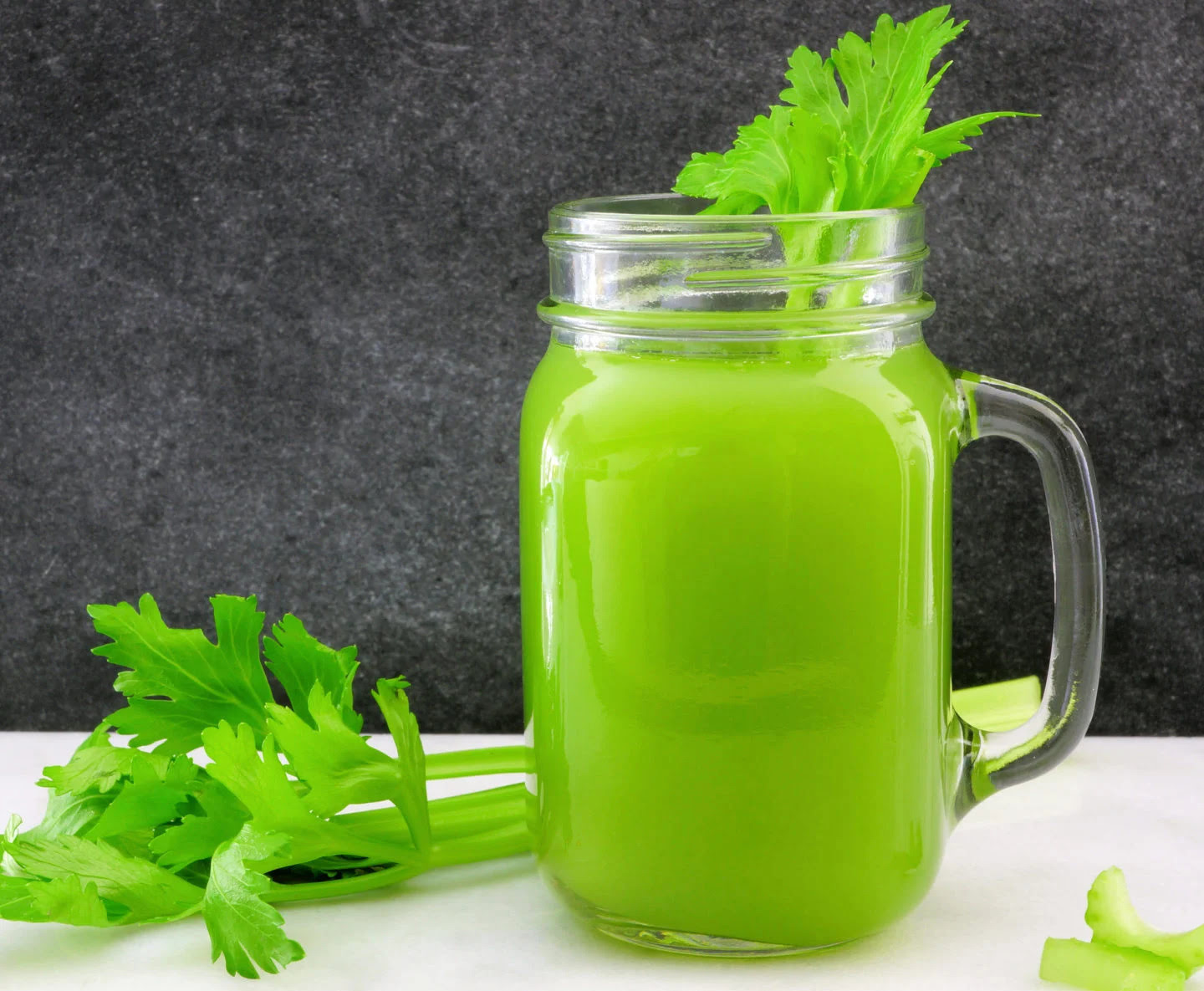
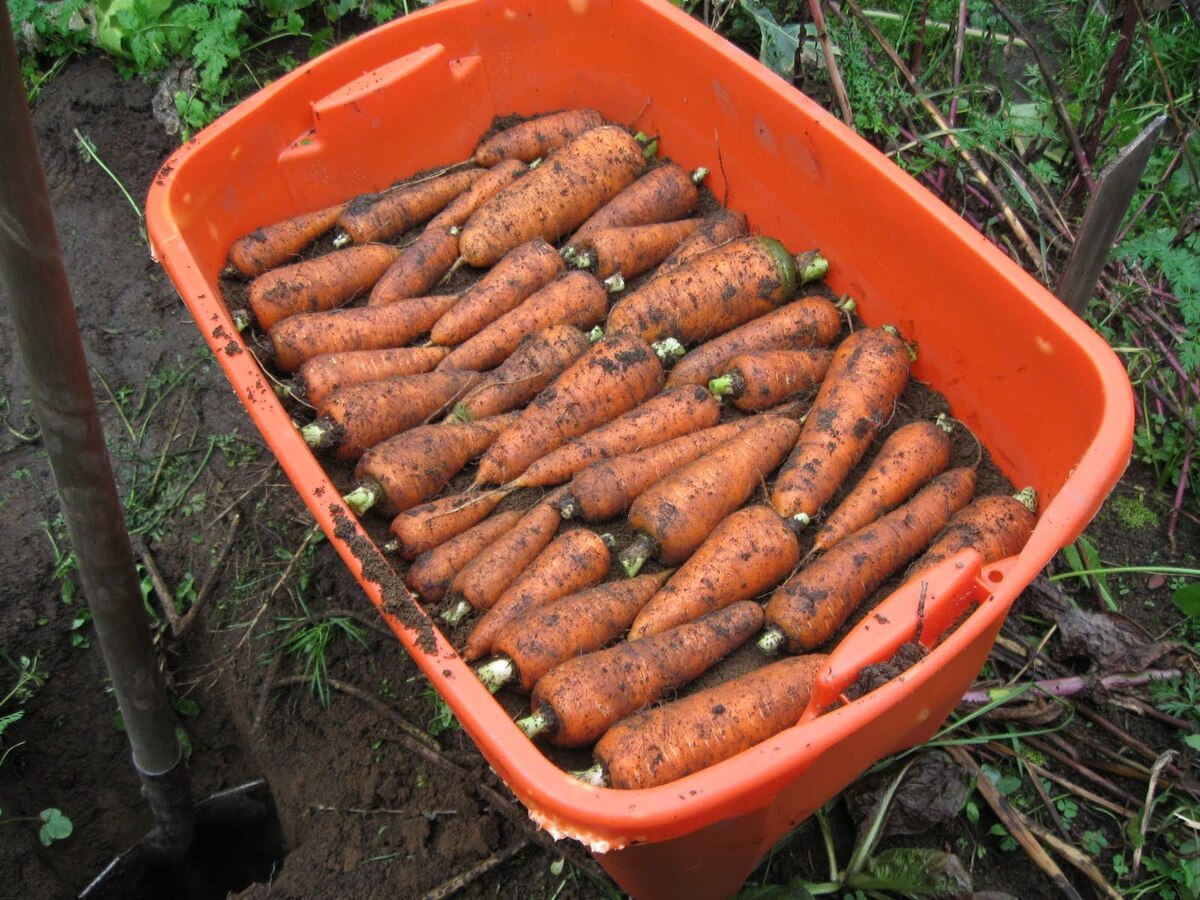

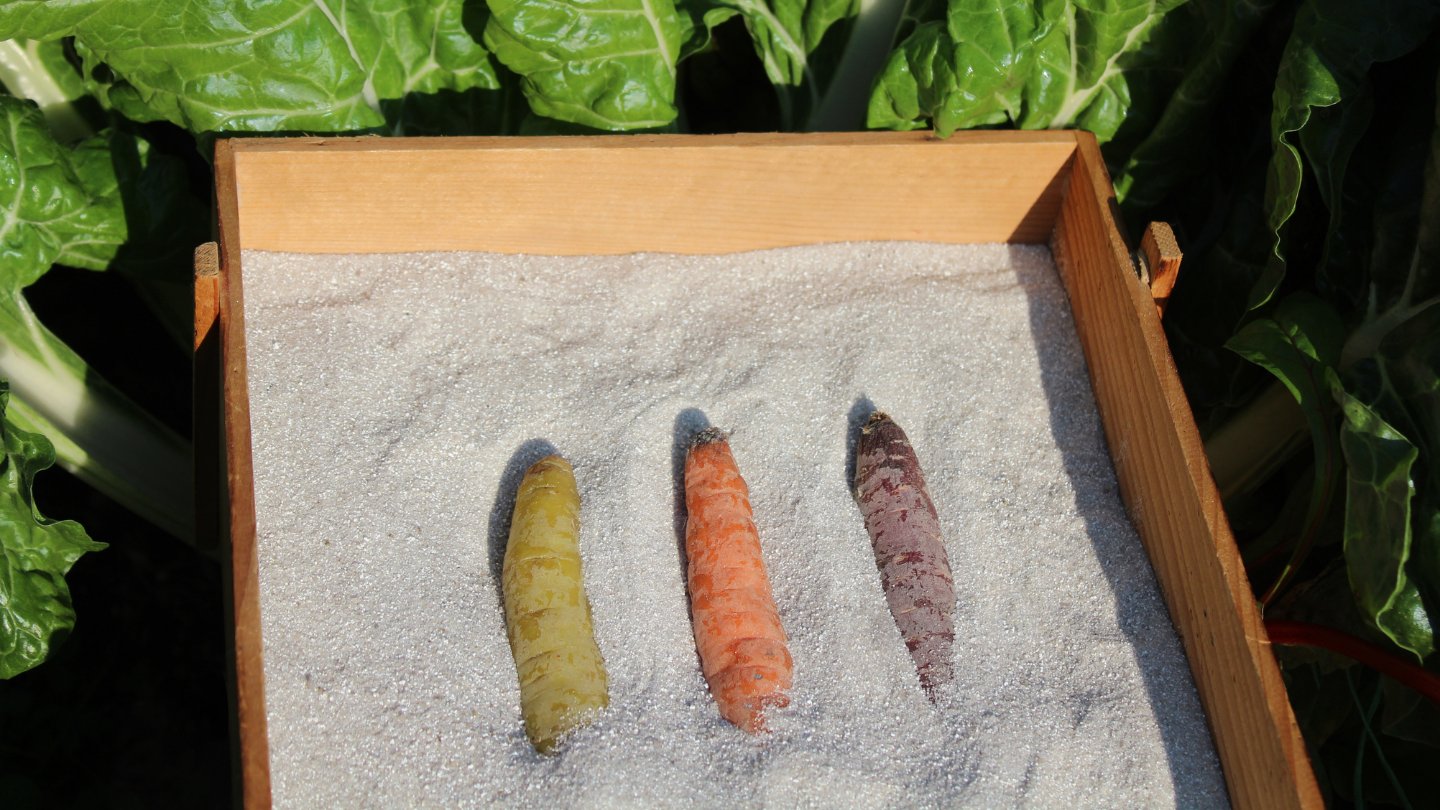
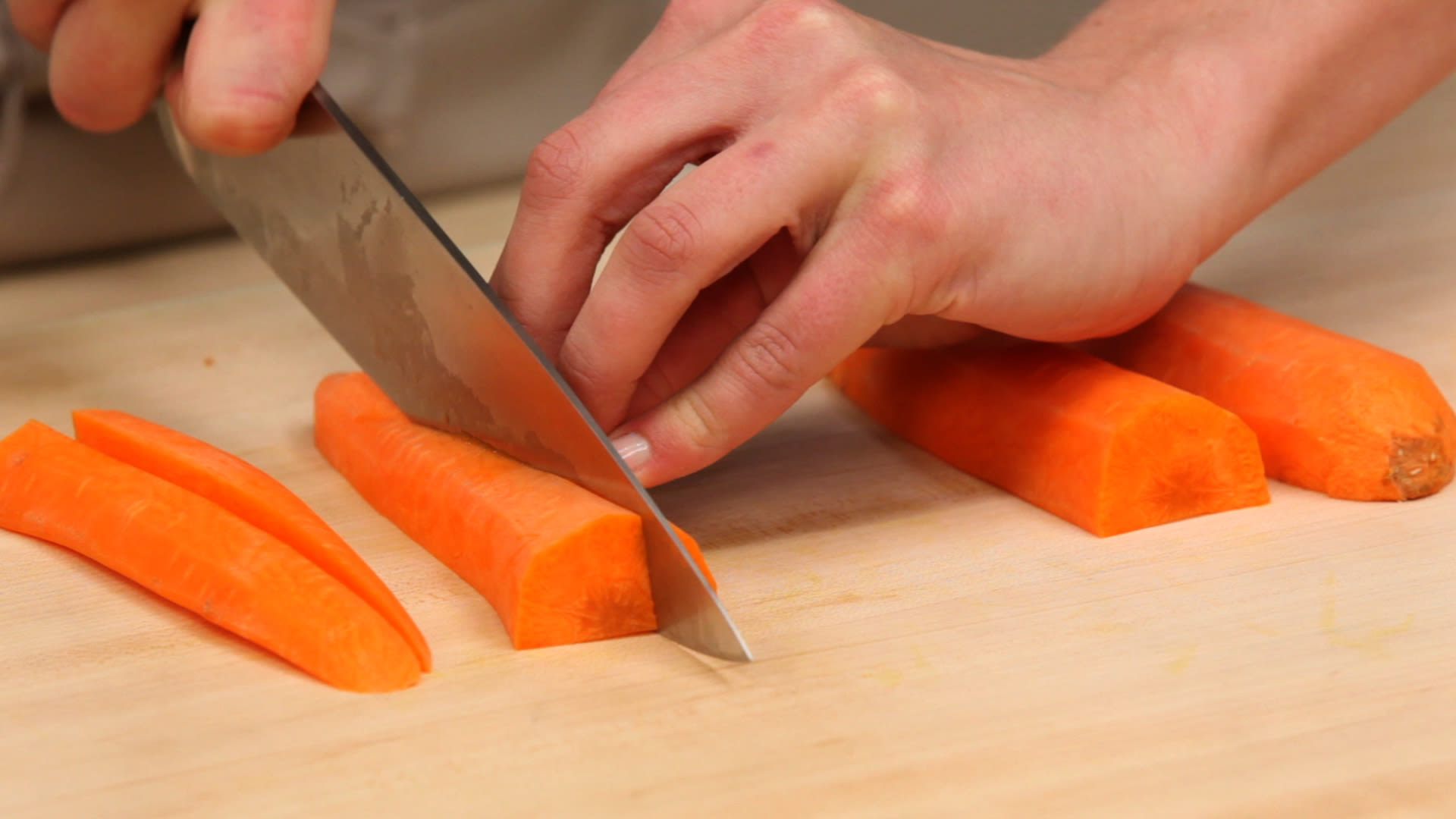
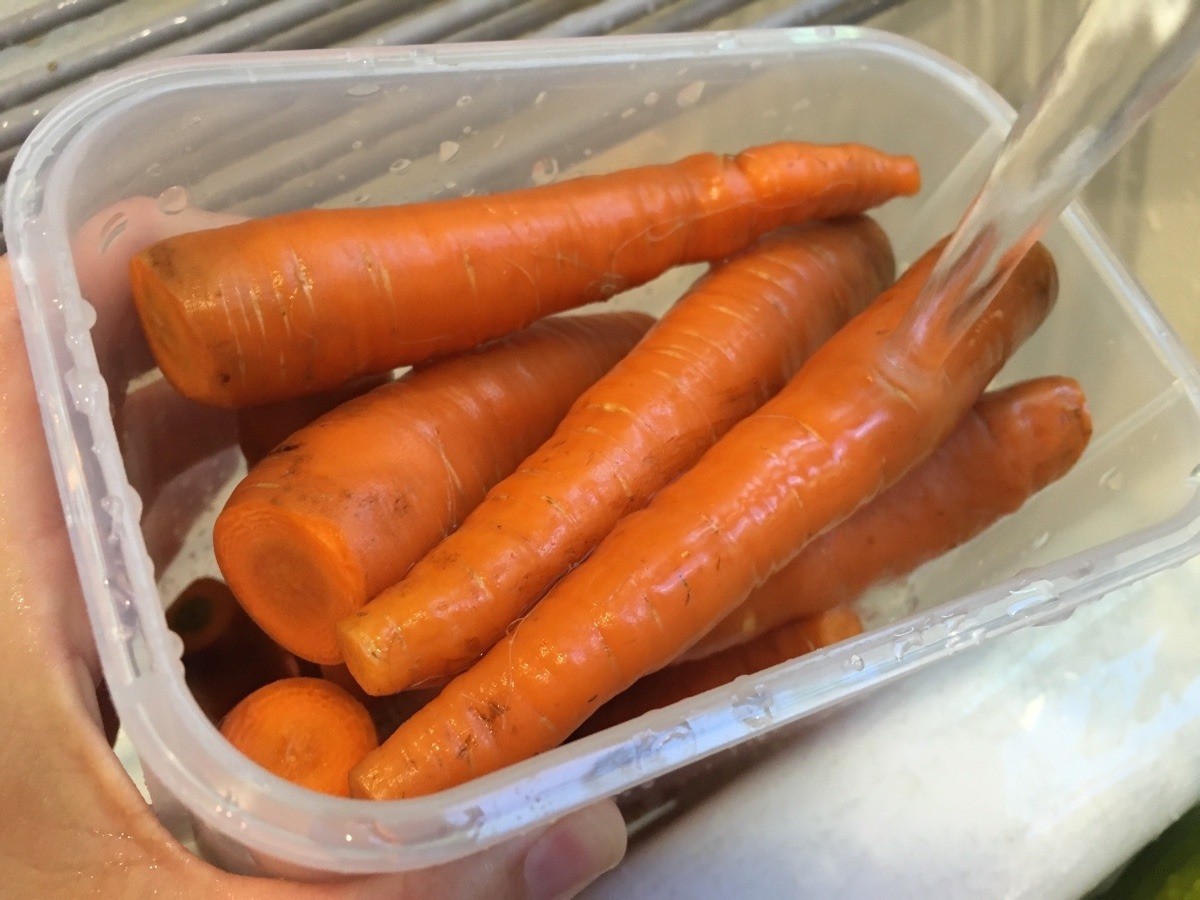
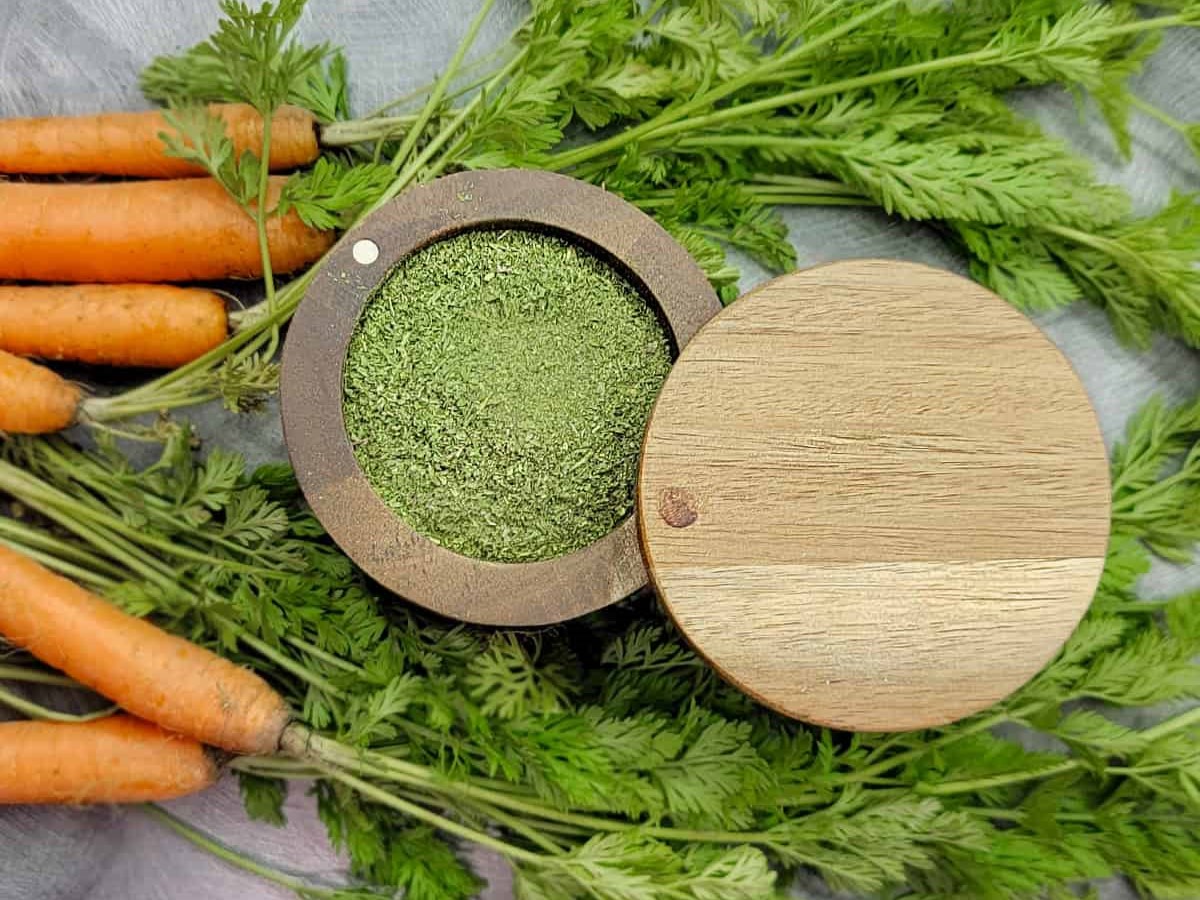
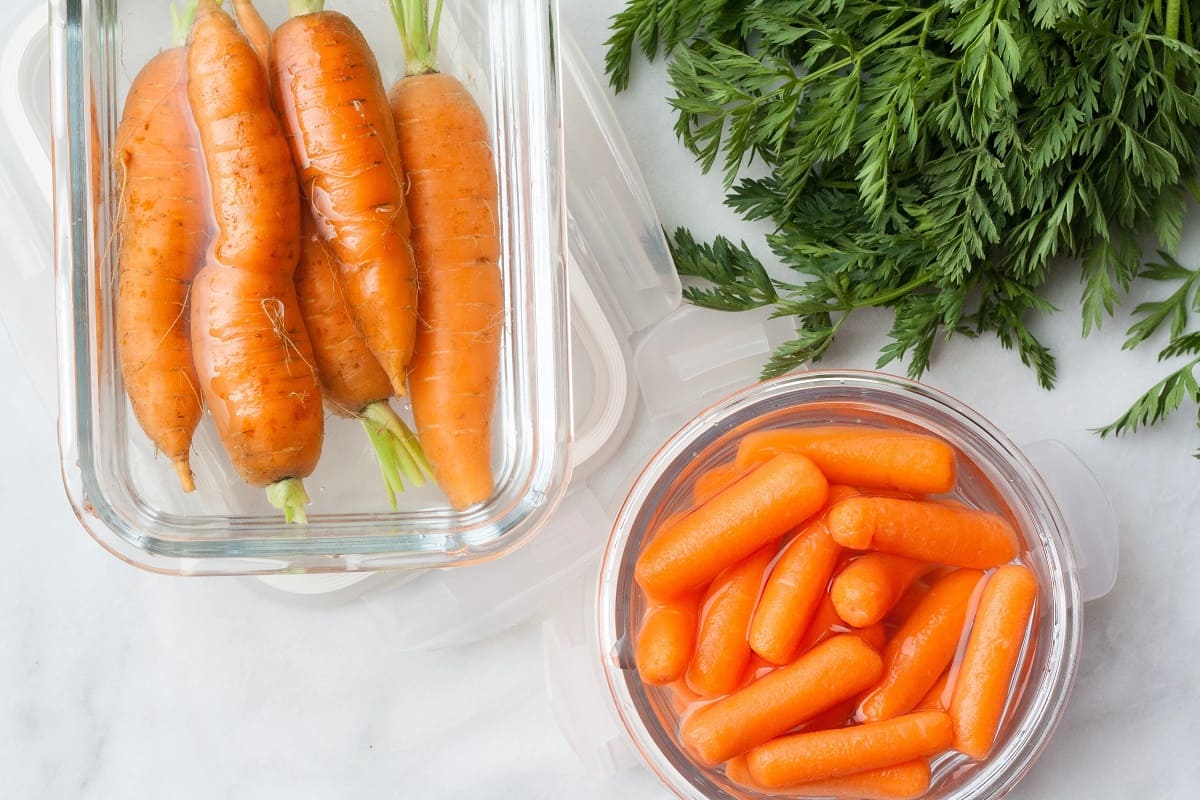
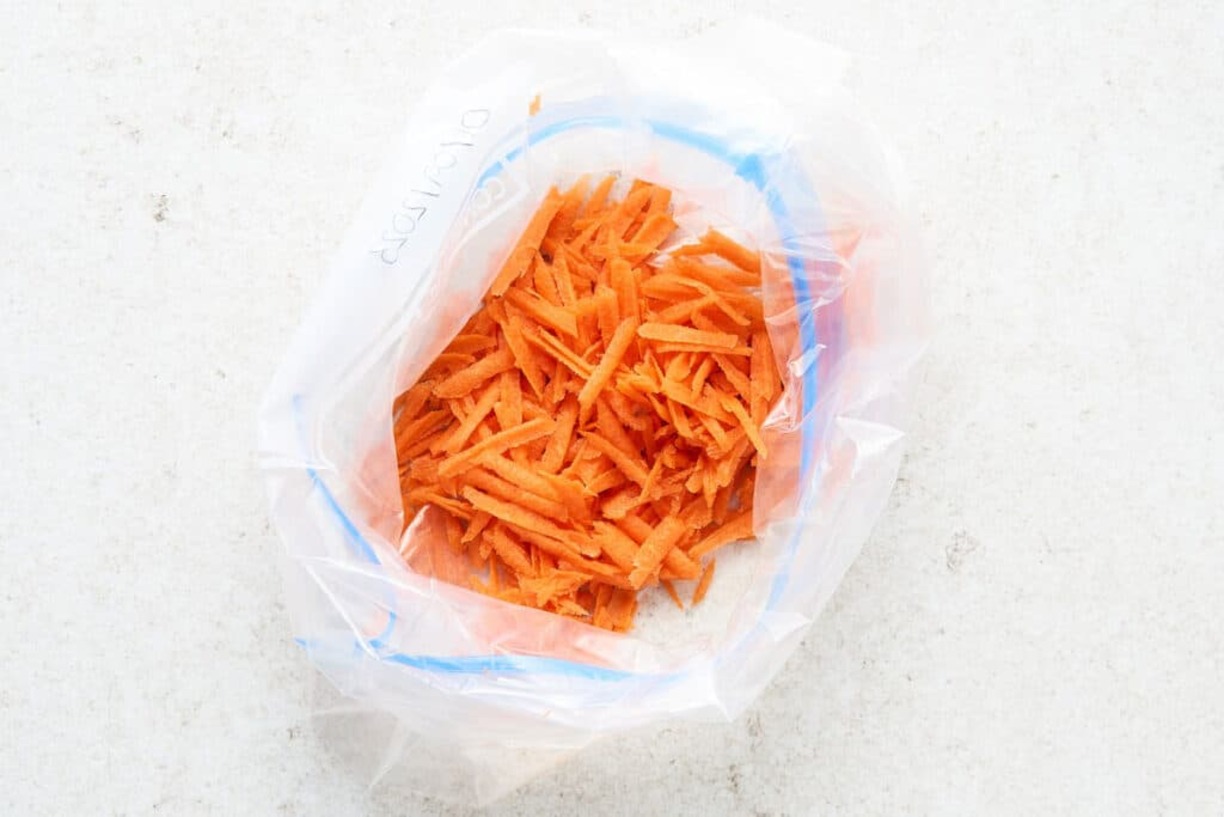
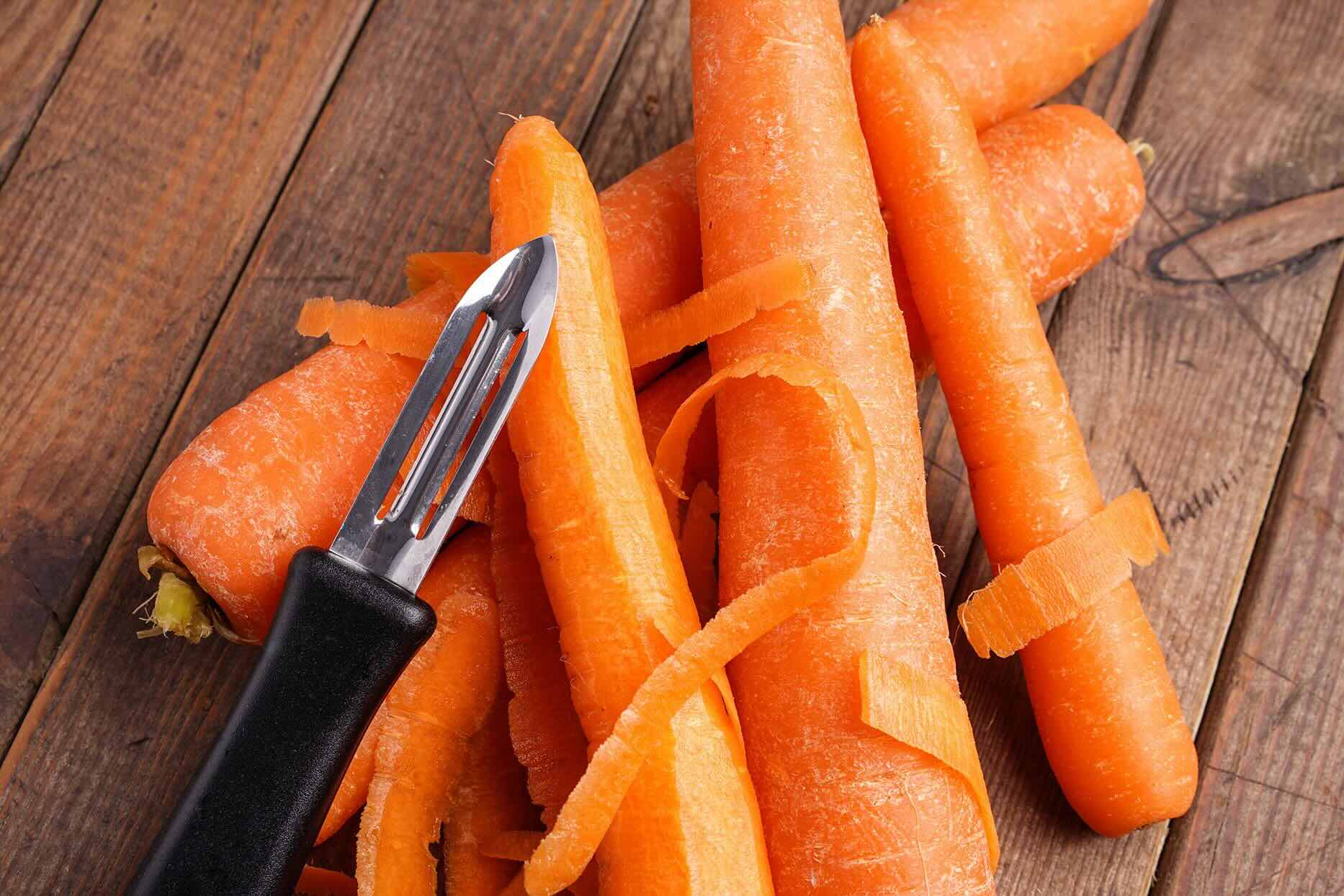
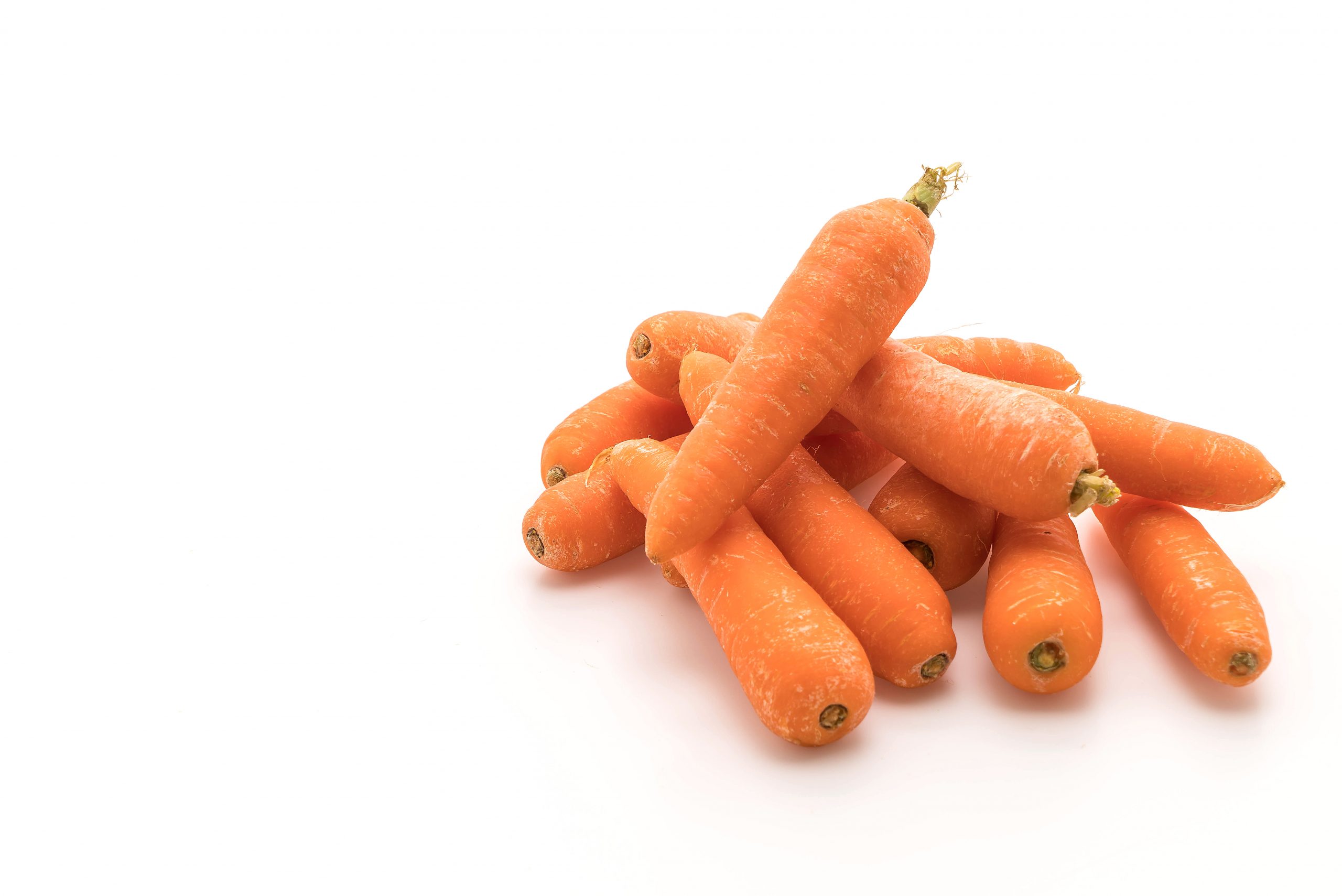

0 thoughts on “How To Store Carrots And Celery”